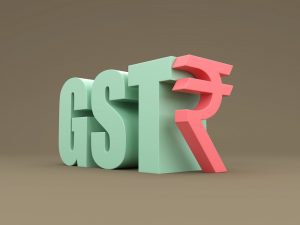 The Supreme Court has dismissed a review petition filed by the government in the Safari Retreat case concerning blocked credit under the Goods and Services Tax (GST). Experts say this could affect the implementation of an amendment to the CGST Act, which was introduced to override the Supreme Court’s earlier ruling.
The Supreme Court has dismissed a review petition filed by the government in the Safari Retreat case concerning blocked credit under the Goods and Services Tax (GST). Experts say this could affect the implementation of an amendment to the CGST Act, which was introduced to override the Supreme Court’s earlier ruling.
“We have gone through the review petition and perused the Judgment and Order dated 3 October 2024 which has been sought to be reviewed. There is no error apparent on the record. Review Petition is dismissed,” a division bench of Justices Abhay S Oka and Sanjay Karol.
“If the construction of a building was essential for carrying out the activity of supplying services, such as renting or giving on lease or other transactions in respect of the building or a part thereof, the building could be held to be a plant,” a division bench comprising Justices Abhay S Oka and Sanjay Karol said.
With this the apex court upheld Odisha High Court’s ruling in the matter of Safari Retreats. The issue here revolved around section 17(5) of the CGST Act. This particular section prohibits ITC for works contract services when supplied to construct an immovable property. However, this will exclude plant and machinery. The big question concerned what will be included in the definition of ‘plant and machinery’?
The High Court held that if the assessee is required to pay GST on the rental income from the mall, it is entitled to ITC on the GST paid on the construction of the mall. Aggrieved by this, the Tax Department moved the Apex Court. After going through all the submissions, the top Court, while saying the shopping mall is a ‘plant,’ held that a functionality test will have to be applied to decide whether a building is a plant.
In order to negate this ruling, the CGST Act was amended through the Finance Act 2025. It was said that “Clause (d) of sub-section (5) of Section 17 is being amended to substitute the words “plant or machinery” with “plant and machinery. “This amendment was made effective retrospectively from July 1, 2017.
Source: The Hindu Business Line


